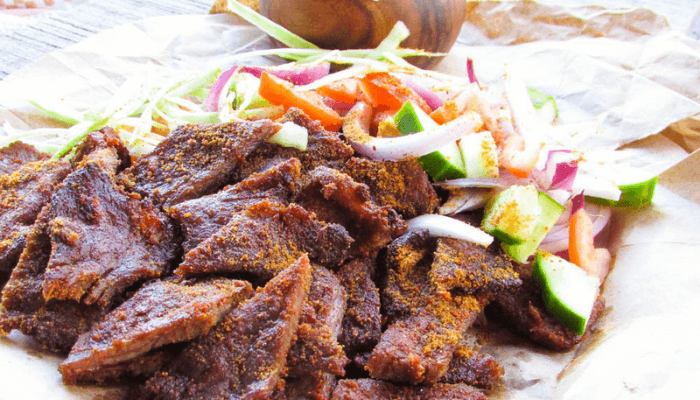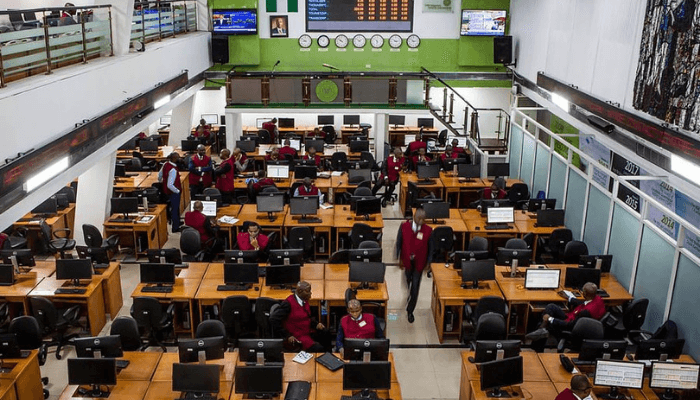Nigeria’s ₦160 billion cold-chain industry is quietly transforming how perishable foods especially meat, fish, and dairy reach millions across the country. From bustling open markets to roadside vendors, a silent logistics revolution is reshaping the informal protein trade that feeds most Nigerians daily.
Experts say the rapid growth of cold-chain logistics temperature-controlled systems for storing and transporting perishable goods is bridging the gap between rural producers and urban consumers, reducing waste, and improving food safety.
According to a recent industry report, Nigeria loses nearly 45% of its fish, meat, and poultry to poor storage and transport conditions annually. However, with the rise of innovative companies investing in solar-powered cold rooms, refrigerated trucks, and digital tracking, the tide is turning.
“Cold-chain systems are no longer a luxury they are essential infrastructure for food security,” said a Lagos-based agribusiness analyst. “They ensure protein products get to markets fresh, affordable, and safe.”
The industry’s estimated ₦160bn valuation reflects growing investor confidence in Nigeria’s food value chain. Emerging startups and cooperatives are partnering with small-scale traders and fishermen, enabling them to preserve goods longer and access better prices.
Still, challenges remain ranging from unstable power supply to limited financing and poor rural infrastructure. Yet, as both government and private players deepen investments, Nigeria’s cold-chain revolution may soon become a cornerstone of its food security and economic resilience.











Leave a Reply